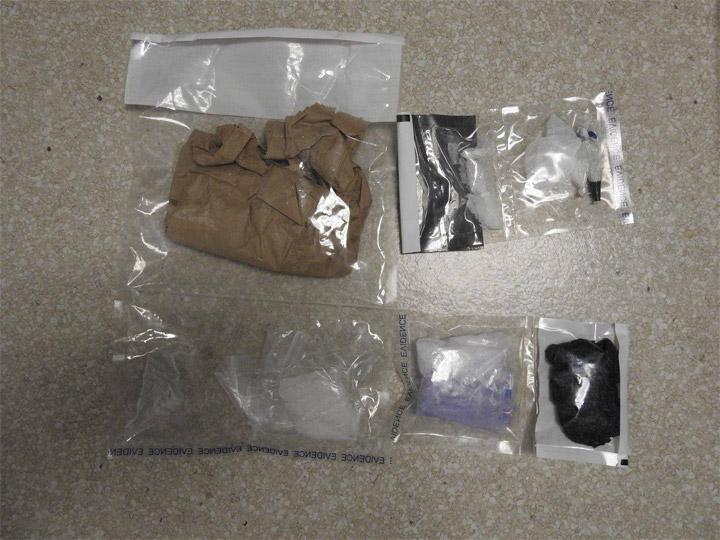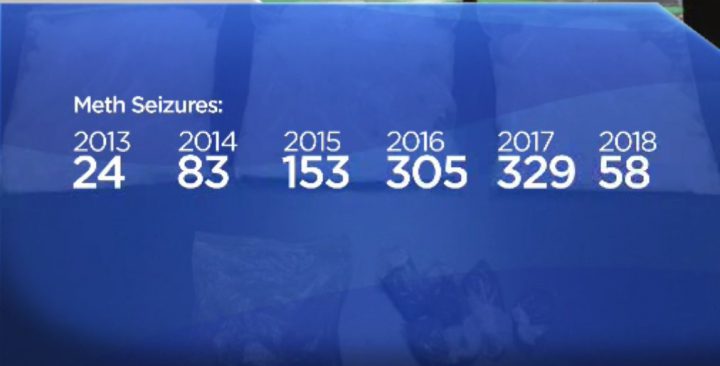Laced drugs have garnered attention in Saskatchewan recently after three deaths in Saskatoon, two in Maidstone, and numerous hospitalizations all believed to be linked to cocaine containing fentanyl.

“What we normally see is a drug mixed with a cutting agent that is not another active drug,” Saskatoon police Supt. Dave Haye explained.
Cutting agents are not uncommon in Saskatoon. The Saskatoon Integrated Drug Enforcement Street Team (SIDEST) sees drugs laced with dry wall dust, icing sugar, hairspray, and even products from the dental industry.
“The purpose of mixing it with these other substances is that the drug dealer gets to increase the supply they sell,” Haye said.
Eleven SIDEST officers attempt to dismantle criminal organizations that supply drugs to users, before things turn deadly.
“Once we identify them through intelligence and other information that comes to us, we start our investigation,” Haye said.
Meth is the drug of choice in Saskatoon. Local police have more than doubled the number of meth seizures in the first three months of 2018 than what it captured in all of 2013.
Meth entered Saskatoon in the early 2000s and is currently making its third surge.
“Every time it comes back it’s been worse than before. There’s more people who are using it. There’s more people who are on it. There’s more people who are trying to sell it and that causes some of the conflict and the violence,” Haye said.
According to police, meth is driving property crime in Saskatoon. While meth is the focus of SIDEST, a string of recent deaths and overdoses due to fentanyl-laced cocaine is now a priority.

Get breaking National news
“Sometimes the dealers are mixing it as a way of getting the stimulant users hooked on the opioid so they come back,” Dr. Peter Butt, an addictions specialist with the University of Saskatchewan’s College of Medicine, said.
“They have to come back more regularly otherwise they go into withdrawal.”
With fentanyl, doses smaller than a snowflake can kill.
“When you buy a street drug, you don’t know what’s in it,” Haye said.




Comments